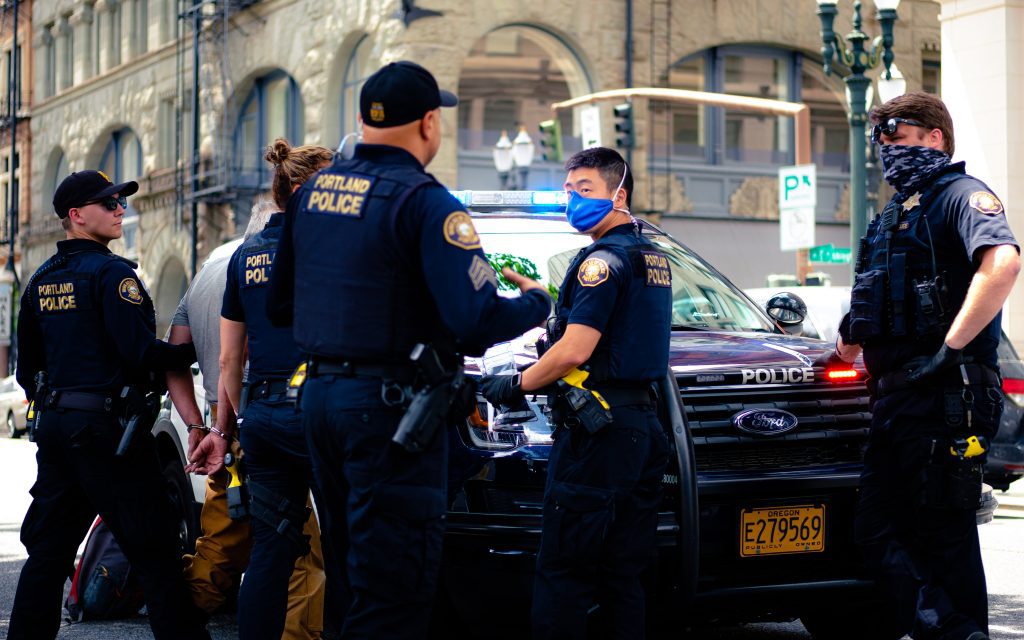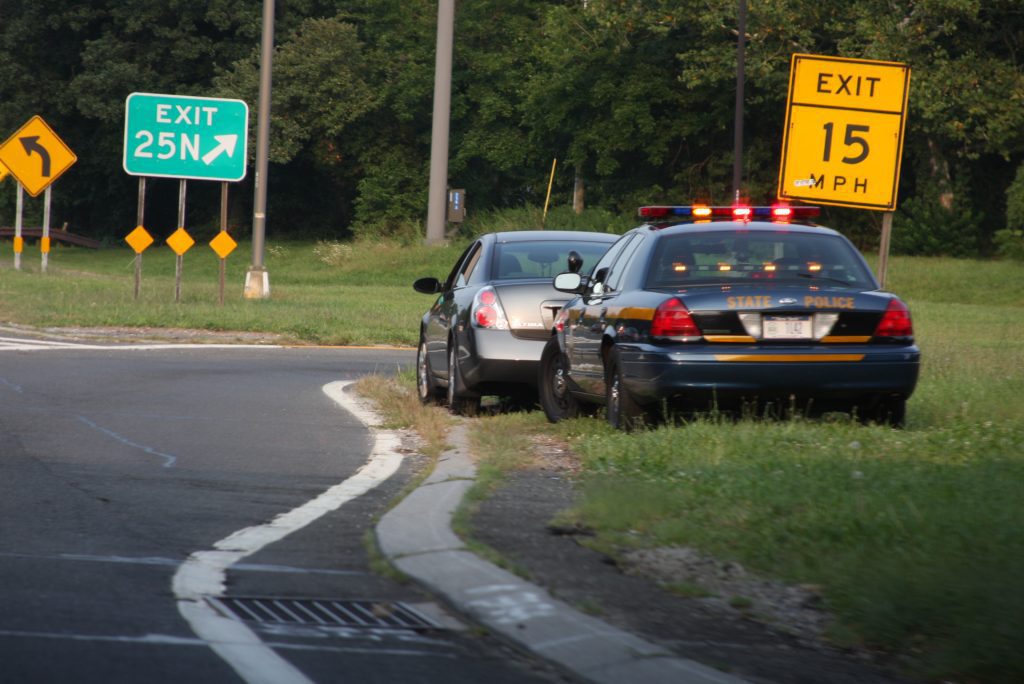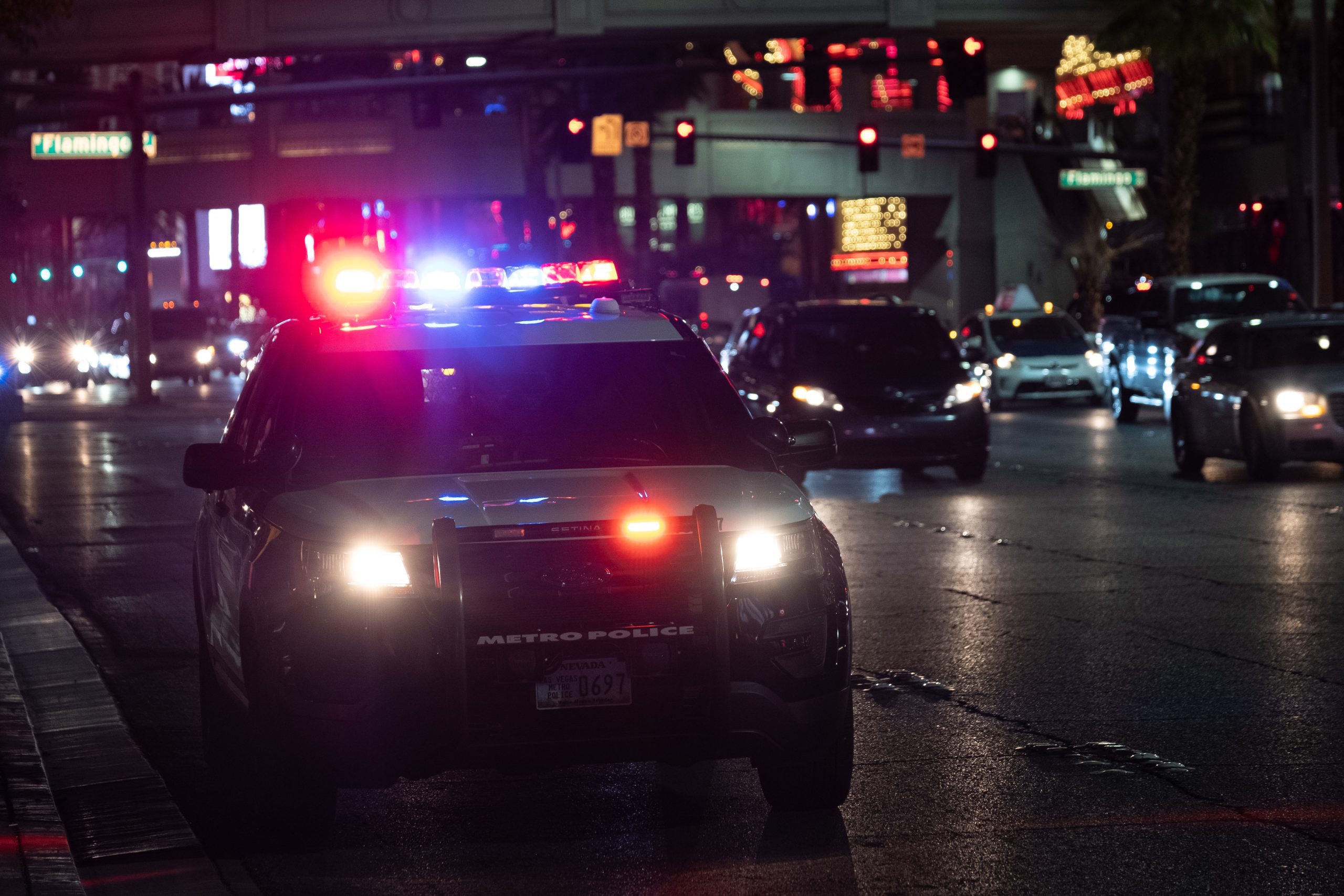President Joe Biden issued an Executive Order on Advancing Effective, Accountable Policing and Criminal Justice Practices to Enhance Public Trust and Public Safety on May 25, 2022. This executive order is significant for a number of reasons. It touches on law enforcement accountability, First Step Act implementation, prison conditions and more. This Explainer focuses on law enforcement accountability.
What does President Biden’s Executive Order say about law enforcement accountability?
President Biden’s Executive Order begins by recognizing that “[p]ublic safety … depends on public trust, and public trust in turn requires that our criminal justice system as a whole embodies fair and equal treatment, transparency, and accountability.” Then, President Biden pledged that his “Administration will use its full authority to take action, including through the implementation of this order, to build and sustain fairness and accountability throughout the criminal justice system.”
In general, the Executive Order identifies two areas that the Biden Administration believes these actions can be successful. First, the Order blames “[i]nsufficient resources” for “jeopardiz[ing] the law enforcement community’s ability to build and retain a highly qualified and diverse professional workforce.” Next, the Order focuses on “accountability for misconduct and transparency” with law enforcement.
Specifically, the Order states that accountability for misconduct and transparency can only occur “through data collection and public reporting.” The Administration wants law enforcement to take a proactive approach to addressing these issues. The Order commands that law enforcement
- “prevent[ing] profiling baed on actual or perceived race, ethnicity, national origin, religion, sex (including sexual orientation and gender identity), or disability,”
- “ending discriminatory pre textual stops,”
- “offering support for evidence-informed, innovative responses to”
- “people with substance use disorders,”
- “people with mental health needs,”
- “veterans,”
- “people with disabilities,”
- “vulnerable youth,”
- “people who are victims of domestic violence, sexual assault, or trafficking”
- “and people experiencing homelessness or living in poverty.”
On paper, this Executive Order hits it out of the park. But what does it actually do?

What does President Biden’s Executive Order actually do for law enforcement accountability?
At the outset, the Executive Order requires that “[t]he Attorney General shall issue guidance to State, Tribal, local, and territorial law enforcement agencies (LEAs) regarding best practices for conducting independent criminal investigations of deaths in custody that may involve conduct by law enforcement or prison personnel.” Best practices don’t always work. But they have several known benefits and are better than nothing.
The Executive Order also requires that “[t]he Attorney General shall assess the steps necessary to enhance the Department of Justice’s (DOJ’s) capacity to investigate law enforcement deprivation of rights under color of law, including through improving or increasing training of Federal law enforcement officers, their supervisors, and Federal prosecutors on how to investigate and prosecute cases involving the deprivation of rights under color of law pursuant to 18 U.S.C. 242.” This is a bit of a word salad. But, more simply, the Order requires more training on investigating law-enforcement misconduct.
Lastly, the Executive Order includes several provisions that should help with those investigations. For instance, it requires that “[t]he Attorney General shall consider ways in which the DOJ could strength communication with State Attorneys General to help identify relevant data, complaints from the public, and other information that may assist the DOJ’s investigations of patterns or practices of misconduct by law enforcement officers, including prosecutors, pursuant to 34 U.S. 12601 and other statutes.” Other provisions focus on ensuring timely and thorough investigations as well as timely and consistent discipline.

The Takeaway:
On paper, President Biden’s May 25, 2022 Executive Order could have a significant impact on the U.S. criminal justice system. In general, those impacts fall into three categories: law enforcement accountability, First Step Act implementation and prison conditions. If they prove effective, the provisions aimed at law enforcement accountability could make a big difference. But will they? For now, it’s hard to say.






